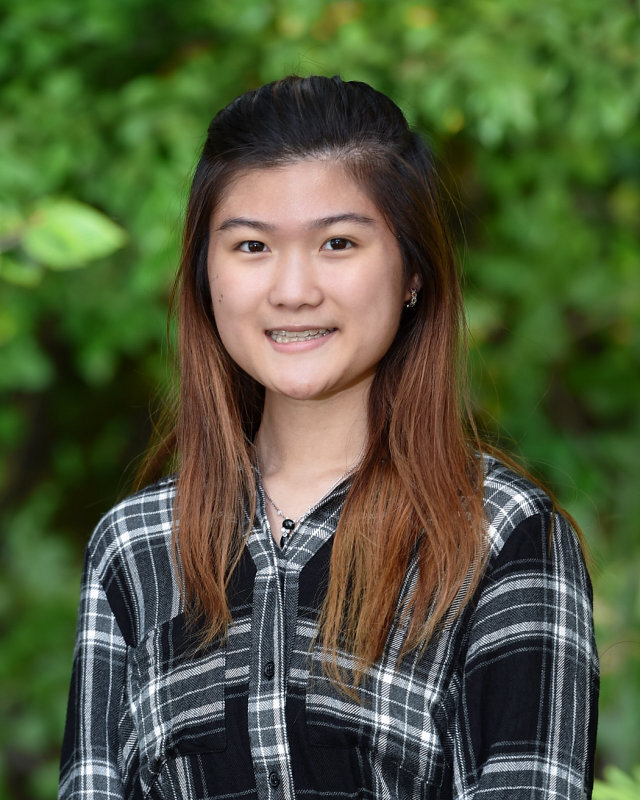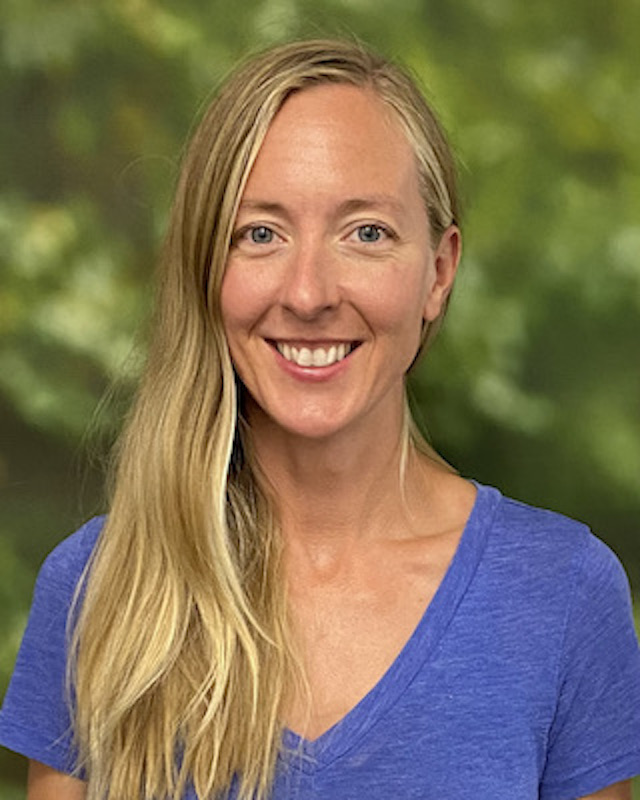During the last school year, the team collected compost samples approximately once per month, both at the distal end (finished compost) as well as 10 feet in from the distal end. To further characterize the composter environment, we also used HOBO data loggers as a way to measure the internal temperature of the composter. The data logger is put in the composter, and we let it naturally move through the composter as it is turned. The data logger takes the temperature every hour, and it takes about 100 days to go through the composter. The team added a second data logger to the composter during the 2021-2022 school year at a 30-day offset from the original one, allowing the team a more complete look at internal temperature at different locations within the composter. Further characterization of the composter material includes measurement of pH on fresh samples. After collection, samples are dried in a desiccator for several days, and then DNA is extracted using a Qiagen power soil pro kit. Sample purity is tested using agarose gel electrophoresis and spectroscopy, and samples unfit for NGS are discarded. The rest of the samples are sent to GeneWiz for next-generation sequencing, which returns several different kinds of data, which we then analyze using statistical significance tests and trend analysis. Our research will provide a natural history of the composter, and will also provide practical information for the future operation of the composter. The team is looking for new ideas surrounding the collection of temperature data, hoping to increase specificity, and other environmental factors in order to gain a more holistic view of the composter.




